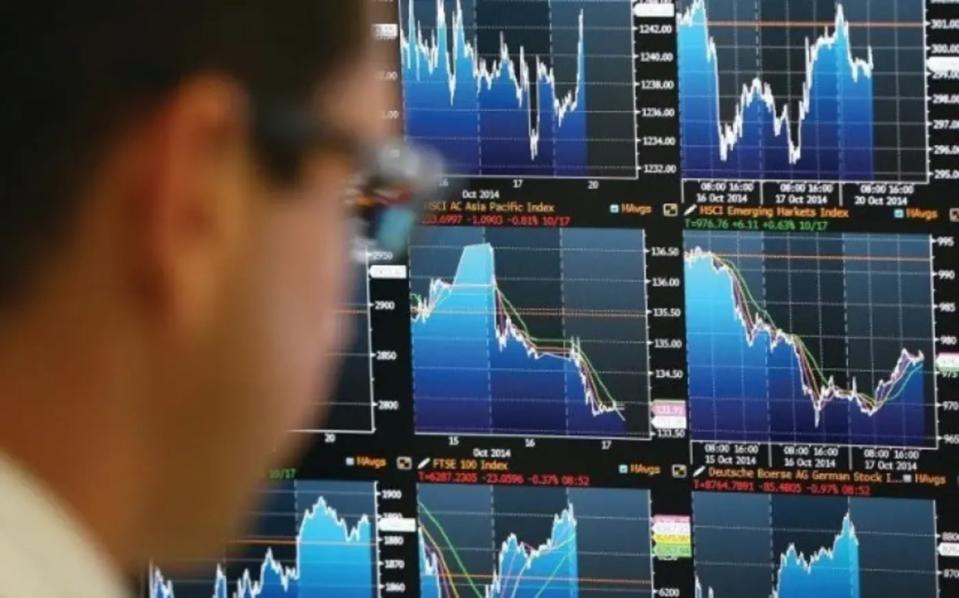
Amid ongoing turbulence in the energy markets, Vitol, the world’s largest commodity trading group, once again delivered strong annual results.
The private company said today it had posted net profits of $13 billion (£10.2 billion) in 2023, its second-highest profit in three years after $15 billion (£11.8 billion) in 2022.
The trading house posted a profit despite a revenue decline of almost 20 percent year-on-year reported last month due to weaker oil prices.
Vitol’s results are not disclosed publicly, but the group’s biggest gains reportedly came from gas and natural gas liquids volumes, which rose 19 percent and 24 percent respectively. Oil and refined petroleum products were reportedly flat at 7.3 million barrels per day.
Russell Hardy, the group’s chief executive, said in a statement last month that energy markets had become “increasingly important and increasingly complex”.
“Businesses can be part of the solution, but deploying capital effectively requires a pragmatic approach and long-term policy and regulatory clarity,” he added.
The 2023 results published by Vitol’s competitors follow a similar pattern.
Singapore-based Trafigura made a net profit of $7.2 billion (£5.7 billion) in its last financial year, which ended in September, and energy trader Gunvor, also privately owned, said last week it had made a profit of $1.3 billion (£1 billion) in 2023.
A report last week by consultancy Mcinsey showed that commodity trading generated earnings before interest and tax (EBIT) of over $100 billion (£79 billion) in 2023, equivalent to gross profit of more than £118 billion.
Nevertheless, the commodity market tightened in 2023 as changes in supply and demand became more difficult to predict, energy supplies were uncertain, and high interest rates weighed on project investments.
According to McKinsey, innovations in the trading sector, with technology-focused trading houses and hedge funds benefiting from more powerful analytical tools, are likely to make commodity markets more competitive in the future.

